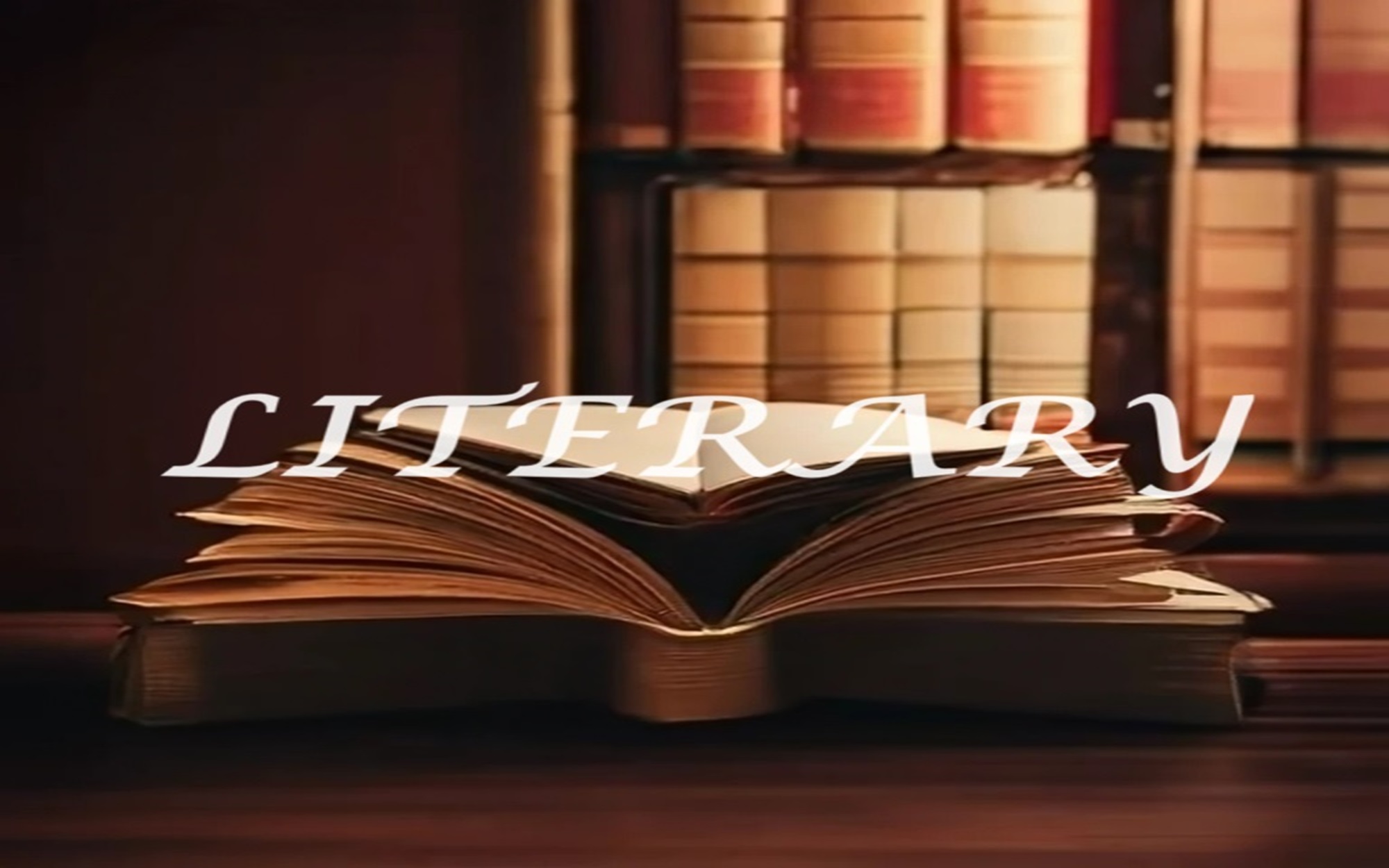Humor eases the human mind from stress. It lubricates human intellect as fresh salt of life. And because of this, dramatists don’t hesitate to accredit humor as a new eye of the soul.
Humor demonstrates itself as laughter mainly when it emerges as a physical phenomenon. And many playwrights have been using it in literature for several years as comedy. It has even made a successful inroad into the most heart-touching tragic art. In short, no field of drama can deny its importance.
For every individual on earth, humor is one of the best recipes in human life that dominates as the driving force of intellect. To drink life at its whole, every human needs to possess a sense of humor as it unfolds plenty of logistics for survival. General Goering once said that the spiritual welfare of a nation could face bad impacts if the nation lost its humor. He even remarked that the said thing is true for humans as well.
For an ordinary person, humor means laughter. And, if he is asked to choose between laughter and work, he must prefer the first one. The reason is first, he needs to be free from his inherent mental agony, and he can do that by laughing at himself. By doing that, he can also diminish the chances of becoming a victim of a strenuous life. It is undeniable that humor or laughter can only help him to address his inherent mental weakness. Also, once the weakness is over, he can work as a free man with enough ardor.
The significance of humor to man is incomparable. It means a fresh new approach to looking at things. It even unfolds a new window of the soul. In addition, it possesses the power to turn common, ordinary things and persons into objects of fun. Furthermore, the sense of humor is undoubtedly an inseparable companion of a human being. In a word, it accompanies a man even to a place or situation where one should not laugh, and that is why playwrights never hesitate to accept humor as a new eye of the soul.
Dramatists differentiates humor from wit:

Some people want to place humor in the same queue where the wit has already remained enlisted. However, there always remains a clear, different notion regarding the two. Both dramatists and critics regard ‘wit’ as a matter of expression, and they can perfectly distinguish humor from wit.
From the literary perspective, wit is only identifiable through words, although humor doesn’t need specific words to make it visible or understandable. Some critics define humor as a sense or means that deals with human activities and man under certain circumstances, which are inappropriate due to the reduction of human dignity. For example, people usually laugh at a madman or a drunkard because they possess less dignity, and the reality is that most humans are not accustomed to this kind of man frequently. Moreover, it is one common fact that falling down of a person at once excites laughter because that man stands in an inappropriate situation.
Some experts have a different opinion compared to the above ones. They believe that only human beings on this very earth have dignity, which is why they alone can be funny.
Humorists can’t write satire, but satire can contain plenty of humor:

After comparing humor with wit, there is another common trend to distinguish it from satire. A man can’t be a satirist if he laughs at himself. A satirist enjoys fun only at the cost of others. He always remains prepared to prove himself superior to others whose faults he tries to make the content of his satire.
Moreover, because of this, humorists can’t write satire, although satire can contain lots of humor. Even satire-made laughter is not entirely unadulterated because it can sometimes contain pure humor.
Various famous personalities have defined humor in different words. However, they have made one thing very clear: humor or laughter is a sense that helps contemplate the incongruities in life. Dramatists often carry a mentality to use this sense to describe one essential spice of human life that provides the urge to be free from an arduous situation.
According to eminent satirical writer Thomas Carlyle, genuine humor comes out more from the heart, not from the head, and it is in no way contempt. “Its essence is love.” Carlyle’s opinion shows why a playwright or a writer accepts humor as a new eye of the soul.
Several eminent dramatists have made their writings a tool to laugh at human follies. However, such laughter doesn’t mean cynical and heartless. The comic muse is purely good-natured, even sometimes magnanimous. Some writers prefer to encourage mockery, although their sense of humor is completely devoid of malice.
A good number of comedies produced by well-known authors show a unique blend of brilliant wit and genial humor. In most cases, these comedies emerge as an enjoyable journey that begins with wordplay and ends in wisdom. It is truly a skillful blending of wit and mirth.
Dramatists and writers choose words carefully with a specific aim to express and establish their ideas through their writings. Most of them are utterly possessive and determined to compare to ordinary people in looking at life more wildly and wisely. The more they explore the spices of human life, the more they unlock the varieties of life. Drawing humor through words is an important trait that writers can attain by exploring the said various spices. Looking minutely at every aspect helps them to laugh easily and simultaneously provides an opportunity to recover from the domination of intensely narrow natures. The playwrights’ genial laughter at human absurdity is undoubtedly free from cynicism and brings a piquant flavor to humor.
Great authors grasp realities with total genius to unveil humor with an unmatchable brilliance. Rich experiences of human life give them an extraordinary power to study the human mind. They acquire a perfect notion that abounds in mirth, which ultimately gives birth to humor to lubricate the mind. Their ability to see and deal with multifarious diversions of human nature ultimately ensures recognizing humor as a new eye of the soul.
Also read:



